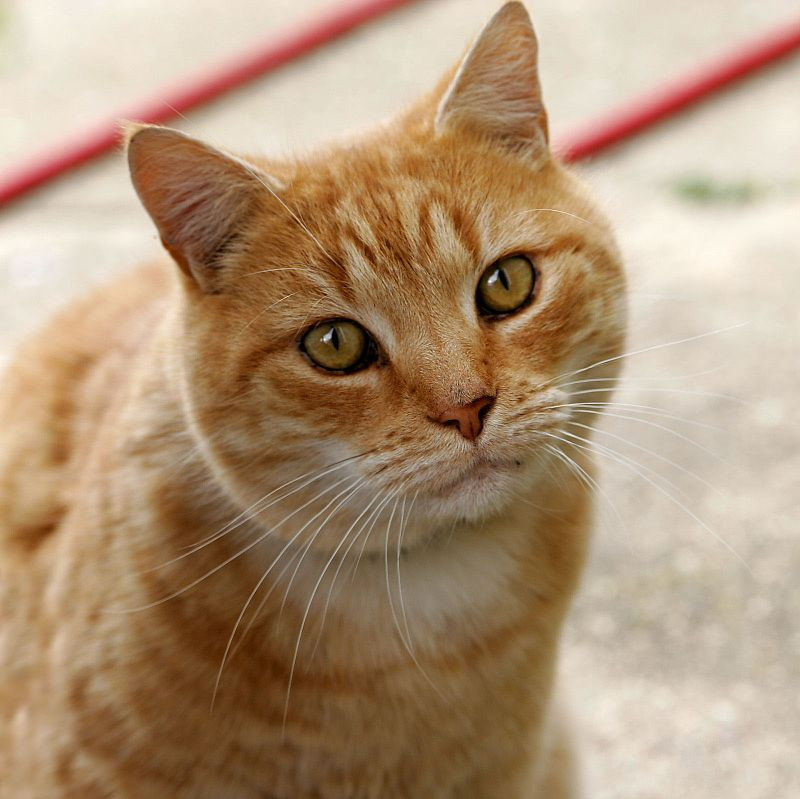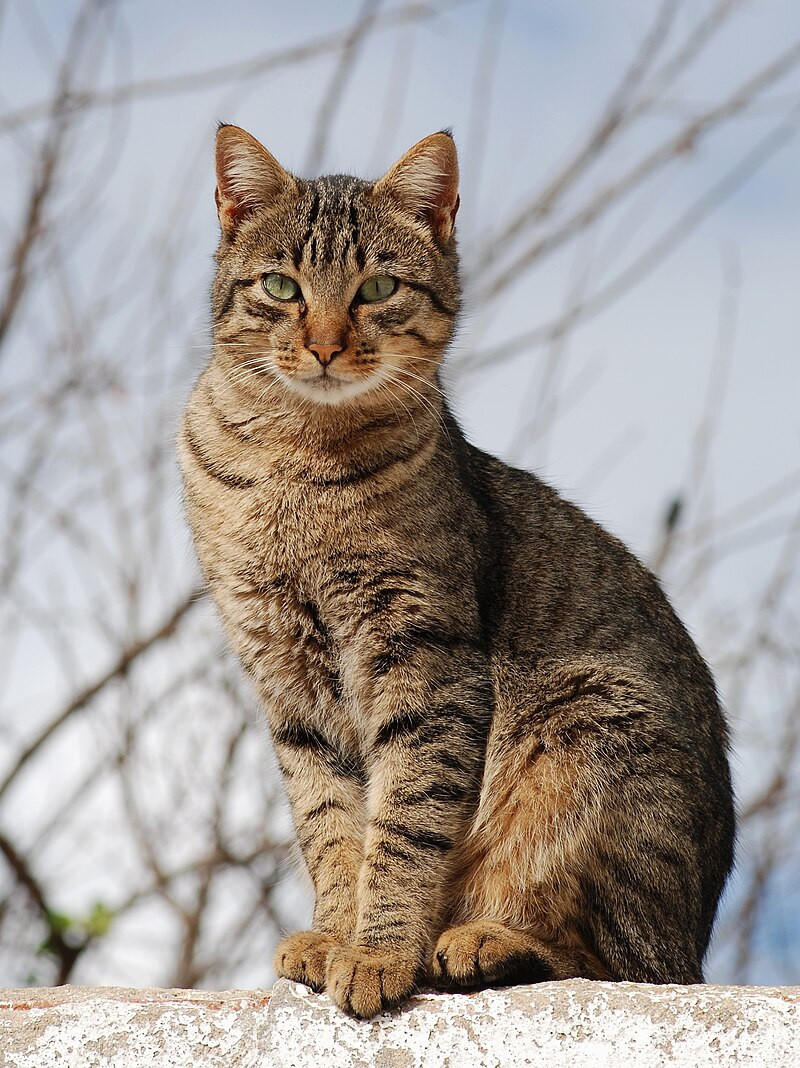Orange cats, with their vibrant coats and often sunny dispositions, hold a special place in the hearts of cat lovers. If you’re considering adding a feline companion to your family, an orange cat for adoption might be the perfect choice. These charismatic felines bring warmth and joy to any home, and adopting one not only enriches your life but also gives a deserving cat a loving forever home.
The Allure of Orange Cats
What is it about orange cats that makes them so irresistible? Beyond their striking ginger, marmalade, or tabby coats, there’s a certain charm and personality often associated with these feline friends. Many people report orange cats as being particularly affectionate, playful, and even a bit goofy. While cat personalities are diverse and individual, there are some commonly observed traits that make orange cats stand out.
Sunny Dispositions and Playful Personalities
Orange cats are often described as being incredibly friendly and outgoing. They tend to be social butterflies in the feline world, readily seeking attention and enjoying interaction with their human families. Many orange cats are known for their love of cuddles and laps, making them wonderful companions for those seeking a snuggly pet. Their playful nature is another endearing quality; they often retain their kitten-like zest for life well into adulthood, providing endless entertainment with their antics. This playful energy makes them great companions for families with children and other pets, although introductions should always be gradual and supervised.
Striking Appearance: From Ginger to Marmalade
The range of orange hues in cats is truly captivating. From the softest creamsicle to the deepest ginger, and the classic marmalade tabby patterns, orange cats boast a visual diversity that is simply stunning. The shades and patterns are due to the pheomelanin pigment, the same pigment responsible for red hair in humans. This genetic link to color makes orange cats a fascinating subject in feline genetics. Whether you prefer a solid ginger cat, a classic orange tabby with swirling patterns, or a patched tabby with splashes of white, there’s an orange cat out there to match every aesthetic preference.
Debunking Myths About Orange Cats
Despite their popularity, some myths surround orange cats. One common misconception is that all orange cats are male. While it’s true that male cats are more likely to be orange due to the way the color gene is carried on the X chromosome, female orange cats are definitely not a myth! They do exist, though they are less common. Another myth is that orange cats are inherently more aggressive or lazy. Personality in cats is shaped by a complex interplay of genetics, environment, and upbringing, not solely coat color. You’ll find orange cats of all temperaments, just like cats of any other color. Focus on individual personality when choosing a cat, rather than relying on stereotypes based on coat color.
 A close-up of an orange tabby cat's face, looking directly at the camera with green eyes.
A close-up of an orange tabby cat's face, looking directly at the camera with green eyes.
Why Choose Adoption?
Choosing adoption is a compassionate and rewarding way to welcome a pet into your life. Millions of cats enter shelters each year, many of them perfectly healthy and loving animals just waiting for a second chance. When you choose to adopt, you’re making a difference in the life of a cat in need and opening up space and resources for shelters to help even more animals.
Giving a Home to a Cat in Need
Adopting an orange cat from a shelter or rescue organization means giving a deserving animal a loving home. Many shelter cats have been abandoned, lost, or surrendered through no fault of their own. By opening your heart and home, you’re providing them with warmth, safety, and the love they deserve. This act of kindness can be incredibly fulfilling, knowing you’ve made a positive impact on an animal’s life.
Cost-Effective and Rewarding
Adoption is generally more cost-effective than purchasing a cat from a breeder. Adoption fees at shelters typically cover essential veterinary care such as vaccinations, spaying/neutering, and sometimes microchipping. This can save you significant upfront costs compared to buying a kitten and paying for these procedures yourself. Beyond the financial benefits, the emotional rewards of adoption are immeasurable. The bond you form with a rescued cat is often incredibly strong, built on mutual gratitude and love.
Finding the Right Orange Cat for You
Shelters and rescue organizations are brimming with orange cats of all ages, personalities, and needs. Whether you’re looking for a playful kitten, a calm adult cat, or a senior companion, you’re likely to find an orange cat who fits your lifestyle and preferences. Shelter staff and volunteers are knowledgeable about the cats in their care and can help you find a feline friend who is a good match for your family and home environment. They can provide insights into each cat’s personality, energy level, and any specific needs they may have.
How to Adopt an Orange Cat
The adoption process is generally straightforward and designed to ensure a good match between adopters and animals. Taking the steps to adopt an orange cat is a rewarding journey that leads to a lifetime of companionship.
Finding Local Shelters and Rescues
Start your search for an orange cat for adoption by looking at local animal shelters and rescue organizations. Websites like Petfinder and Adopt-a-Pet are excellent resources for finding adoptable cats in your area. You can filter your search by breed (though “Domestic Shorthair” or “Domestic Longhair” is more common than breed specification for shelter cats), age, and location to narrow down your options. Visiting shelters in person allows you to meet the cats and interact with them, getting a better sense of their personalities.
The Adoption Process: What to Expect
The adoption process usually involves filling out an application form. This form helps the shelter understand your lifestyle, experience with pets, and what you’re looking for in a cat. Some shelters may conduct interviews or home visits to ensure that it’s a good fit. Don’t be discouraged by these steps; they are in place to ensure the well-being of the animals and to create successful, lasting adoptions. Once your application is approved, you’ll typically pay an adoption fee and then you can bring your new orange family member home!
Preparing Your Home for Your New Orange Companion
Before bringing your orange cat home, prepare your living space to be cat-friendly and safe. This includes providing a comfortable bed, food and water bowls, a litter box, scratching posts, and toys. Cat-proof your home by securing any loose wires, toxic substances, and breakable items. Creating a welcoming and safe environment will help your new cat settle in quickly and feel comfortable in their new surroundings. Remember to introduce your new orange cat to any existing pets gradually and supervise their interactions initially.
 A happy orange cat sitting in a cardboard box at home, looking content and relaxed.
A happy orange cat sitting in a cardboard box at home, looking content and relaxed.
Conclusion
Adopting an orange cat can bring immense joy and companionship into your life. Their charming personalities, striking looks, and the knowledge that you’ve given a deserving animal a loving home make orange cats a truly wonderful choice for adoption. Visit your local animal shelter or rescue organization today and discover the perfect orange feline friend waiting to become a cherished member of your family. You might just find that a little bit of sunshine in the form of an orange cat is exactly what your home needs.

